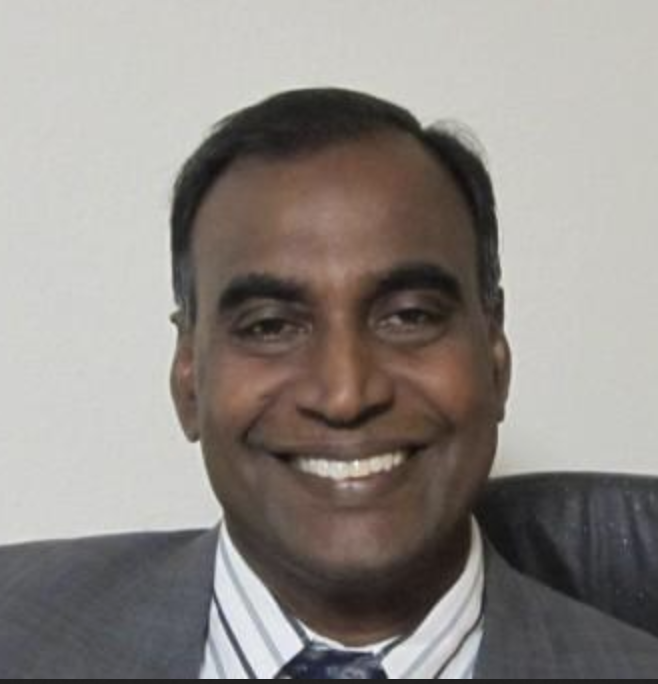Affordable Nano Solutions for Covid Treatment
| Prof. Jayakumar Rajadas, Director of the Regenerative Biomaterials Lab at Stanford Cost: Free, but registration is required. Register: Here Registered attendees will receive an email with a link for the Zoom meeting Thurs Feb 24 – Agenda (California Time) 11:30 AM – Check-in & Nano Journal Club: Review of Oxygenation with Nanobubbles: Possible Treatment for Hypoxic COVID-19 Patients Come prepared to discuss! 12:00 PM – Announcements and Speaker Introduction 12:10 – 1:30 PM – Seminar and Q&A |

| From the early days of this pandemic until now, the reality of still no medication being readily available which can guarantee therapeutic and potentially lifesaving efficacy in all of the stages and diverse pathological manifestations of this novel coronavirus has inflicted drastic consequences upon the world. We have developed two drugs in vitro showing great promise for the successful treatment of acute, moderate and severe COVID-19 as well as persisting immune-mediated consequences with respect to advanced pharmacokinetics. The objectives of our approach and the underlying mechanisms are manifold, strategically aimed at preventing viral replication, concomitantly reducing the inflammation caused by this devastating and highly infectious disease and improving the antibody response to vaccines. Additionally, we also developed a partially repurposed nano technology to improve oxygen saturation in acute respiratory distress syndrome (ARDS) as a result of COVID-19. Professor Jayakumar Rajadas is the author of 237 peer reviewed publications, has developed 82 patents, discovered the therapeutic effects of Disulfiram and Azlocillin for the treatment of persistent Lyme disease and is currently researching and developing solutions for COVID-19. Other projects of his focus use biophysical approaches such as AFM, fluorescence, and NMR to work on the molecular mechanisms of protein-initiated neurodegenerative disorders involved in the pathology of Alzheimer’s and Lyme disease. Furthermore, he is also known for his development of a unique and successful implantable biomaterials commercially available all over the world . He is the founding director of the ADDReB Laboratory of Cardiovascular Institute at Stanford School of Medicine. He is a trained chemist with a Ph.D. in Biophysical Chemistry from the Indian Institute of Technology, Chennai , India. |

